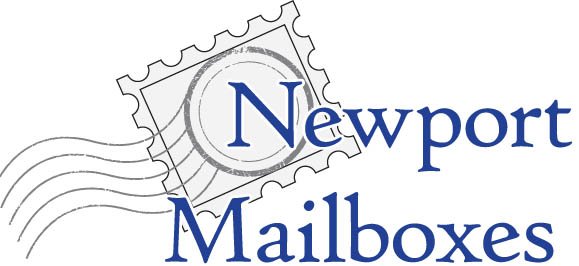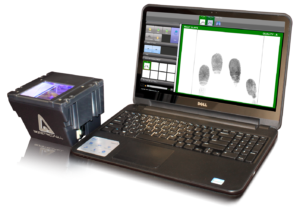Starting a career in healthcare is exciting but also demanding. For students in nursing, medical school, or allied health programs, the classroom is only the beginning. To gain real-world experience, students must complete clinical rotations in hospitals, clinics, and other care settings. Before they can step into those environments, however, many students are required to pass a Live Scan background check.
This extra step may seem like a hurdle, but it’s actually a vital part of keeping patients safe and maintaining trust in the healthcare system. Let’s take a closer look at why Live Scan fingerprinting is so important for healthcare interns and how to make the process as smooth as possible.
What Is Live Scan?
Live Scan is a digital fingerprinting process that captures an individual’s fingerprints and securely transmits them to the California Department of Justice (DOJ) and the FBI. These agencies then run the prints against state and federal databases to check for criminal history.
Unlike older ink fingerprinting, Live Scan is quick, clean, and more reliable. Results are usually processed within a few days to a few weeks, depending on the agencies involved and the purpose of the screening.
For healthcare interns, Live Scan ensures that only qualified, trustworthy individuals are allowed access to patients, sensitive data, and professional healthcare environments.
Why Healthcare Interns Need Live Scan
1. Patient Safety
Healthcare interns interact with patients who may be vulnerable, elderly, or seriously ill. By requiring Live Scan, schools and hospitals help ensure that interns have no disqualifying criminal history that could put patients at risk.
2. Compliance with Regulations
Many healthcare facilities are legally required to screen staff, volunteers, and students. Fingerprinting is a common mandate for internships in hospitals, skilled nursing facilities, and rehabilitation centers.
3. Building Trust
Interns are part of a larger healthcare team. Background checks reassure supervisors, patients, and fellow staff that every person working in the facility has been properly vetted.
4. Career Advancement
Completing a Live Scan check early prepares interns for future licensing requirements. Most healthcare professions—from nurses to physical therapists—require fingerprinting as part of the licensing process.
When Should Students Get Fingerprinted?
Timing is key. Many schools will notify students of the fingerprinting requirement months before clinical rotations begin. Delaying the process can lead to missed deadlines and postponed training.
It’s best to complete Live Scan as soon as possible after receiving instructions. This allows enough time for the background check to be processed and any issues to be resolved before rotations start.
How to Make the Process Easy
For busy healthcare students balancing coursework, exams, and clinical preparation, finding time for Live Scan may feel overwhelming. Thankfully, the process is simple if you plan ahead:
- Get the Request Form – Your school or program coordinator will usually provide a Live Scan request form (often called BCIA 8016). This form lists the specific agency requesting the background check.
- Choose a Convenient Location – Local providers like a Newport Beach livescan make it easy for students to complete fingerprinting close to home or school.
- Bring Proper ID – A valid photo ID, such as a driver’s license or passport, is required. Make sure it’s current and not expired.
- Know the Costs – Fees include both the fingerprinting service and government processing charges. Some schools cover these costs, while others require students to pay out of pocket.
- Keep Copies of Receipts – After completing Live Scan, students should keep a copy of their receipt as proof of submission. Some programs may require it for their records.
Common Questions Students Have
Will fingerprinting delay my clinical start date?
Usually not, if you complete it early. Results often come back within days, but in rare cases, it may take longer.
Does Live Scan need to be repeated?
Yes, sometimes. Each agency requesting fingerprints requires its own submission. For example, your school may require one, and later your state licensing board will require another.
What if I made a mistake in my past?
Not all criminal records automatically disqualify someone. The results are reviewed in context, depending on the program and the agency’s requirements.
The Bigger Picture
Healthcare is built on trust and responsibility. By completing Live Scan, interns demonstrate their commitment to professionalism and patient safety from the very start of their careers.
While it may feel like “just another requirement,” fingerprinting plays a major role in protecting patients and maintaining the high standards of the healthcare field. For students, it’s an opportunity to show they are ready for the challenges and responsibilities of clinical practice.
Final Thoughts
If you’re preparing for clinical rotations, don’t overlook the importance of Live Scan fingerprinting. It’s not only a requirement but also a safeguard that benefits both patients and future healthcare professionals.
Newport Beach Mailboxes offers convenient and reliable Live Scan services to help healthcare interns meet their program requirements with ease. Taking care of this step early means you can focus on what really matters: learning, growing, and preparing to care for patients.

